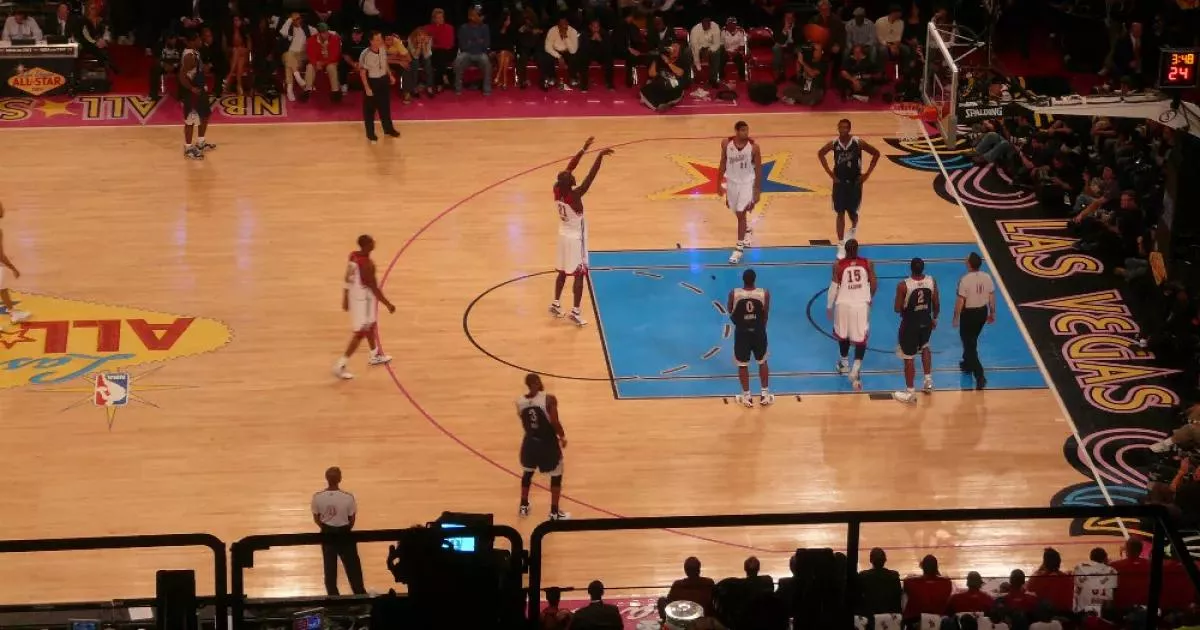The NBA All-Star Game is an annual exhibition game held each February, showcasing 24 of the NBA's star players. A featured event of NBA All-Star Weekend, a three-day event, it has been held on the third Sunday of February since 2022, coinciding with the Daytona 500. The inaugural All-Star Game took place at the Boston Garden on March 2, 1951.
1962: First Instance of Four All-Stars from One Team
In 1962, the first instance of four players being chosen from one team each was achieved by the Boston Celtics and Los Angeles Lakers.
1982: Pat Riley Coaching All-Star Game
Between 1982 and 1990, Los Angeles Lakers head coach Pat Riley earned the right to coach the Western Conference team eight times in nine seasons.
1990: Riley Rule Creation
Between 1982 and 1990, Los Angeles Lakers head coach Pat Riley earned the right to coach the Western Conference team eight times in nine seasons. Known as the "Riley Rule", the coach of the team with the next best record gets to coach instead.
1997: Players Could Wear Team Uniforms
Starting in 1997, players were allowed to wear their normal team uniforms in the All-Star Game.
2000: First Halftime Show
In the 2000 All-Star game, the first halftime show happened featuring Kenny Wayne Shepherd, Mary J. Blige, 98 Degrees, Montell Jordan, Martina McBride, and LL Cool J performing.
2002: Players Wear Team Uniforms
Until 2002, players were allowed to wear their normal team uniforms in the All-Star Game.
2003: All-Star Ballots in Multiple Languages
In 2003, the NBA began offering All-Star ballots in three languages—English, Spanish and Chinese—for fan voting of the starters.
2007: Kobe Bryant Starts as Point Guard
In the 2007 All-Star Game, Kobe Bryant started as a point guard despite typically playing shooting guard.
2010: Host Conference Uniforms Tradition
From 2010, the host conference traditionally had light uniforms, which broke with past practices.
2013: Change in All-Star Frontcourt Selection
Prior to 2013, fans selected two forwards and one center instead of generic frontcourt players for the All-Star Game.
2014: Host Conference Uniforms Tradition Ends
The host conference traditionally had light uniforms until 2014.
March 23, 2016: North Carolina House Bill 2 Passage
On March 23, 2016, North Carolina passed House Bill 2, also known as a "bathroom bill", which was seen as discriminatory against transgender persons and led to controversy surrounding the 2017 All-Star Game location.
July 21, 2016: 2017 All-Star Game Moved to New Orleans
On July 21, 2016, the NBA announced that the 2017 All-Star Game would be moved to New Orleans due to North Carolina's House Bill 2.
March 2017: 2019 All-Star Game Awarded to Charlotte
In March 2017, after the partial repeal of some provisions of House Bill 2, the NBA awarded the 2019 All-Star Weekend to Charlotte.
October 3, 2017: New All-Star Game Format Announced
On October 3, 2017, the NBA and NBPA announced changes to the All-Star Game format, starting in 2018, where the top vote-getters from each conference would be team captains and draft their teams regardless of conference.
2017: Change in All-Star Starter Selection Process
In 2017, the NBA modified the All-Star starter selection process to a weighted system where fan voting accounts for 50%, with player and media voting accounting for 25% each.
2018: Most Recent Instance of Four All-Stars from One Team
In 2018, the Golden State Warriors had four All-Star players selected for the game.
2018: Debut of New All-Star Game Format
In 2018, the new All-Star Game format was implemented, featuring team captains from each conference drafting their teams regardless of conference.
2019: 2019 All-Star Game in Charlotte
In 2019, the All-Star Game was held in Charlotte after the NBA awarded the city the game in March 2017, following a partial repeal of House Bill 2.
2020: Elam Ending Introduced in Fourth Quarter
In 2020, the fourth quarter was changed to use the Elam Ending with the target score set to 157 points, and Team LeBron won the contest.
2020: Elam Ending Introduced
In 2020, the untimed fourth quarter known as Elam Ending was introduced in honor of Kobe Bryant.
2022: NBA All-Star Game Scheduling
In 2022, the NBA All-Star Game was held on the third Sunday of February, coinciding with the Daytona 500 and usually the week after the Super Bowl.
October 25, 2023: Return to Conference-Based Format
On October 25, 2023, the NBA announced the return of the conference-based format for the 2024 All-Star Game, while also removing the untimed fourth quarter, also known as Elam Ending.
2023: 2023-24 NBA Season
As of the 2023-24 NBA season, the Eastern Conference leads with a record of 38 wins and 29 losses.
2023: Candace Parker First Female Color Commentator
In 2023, Candace Parker became the first female color commentator for an NBA All-Star Game.
2024: 2024 All-Star Game
As of the 2024 All-Star Game, the Eastern Conference leads with a record of 38 wins and 29 losses.
2024: Conference-Based Format Returns
In 2024, the NBA All-Star Game returned to the conference-based format, and the Elam Ending was removed.
2025: New All-Star Game Format Announced
In 2025, a new All-Star Game format will be introduced featuring a mini-tournament with four teams.
Mentioned in this timeline

Basketball is a team sport played on a rectangular court...
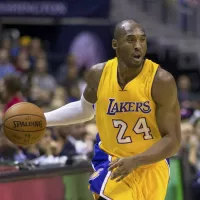
Kobe Bryant a legendary shooting guard dedicated his -year NBA...

Candace Parker nicknamed Ace is a retired American professional basketball...
The Los Angeles Lakers are a professional basketball team based...
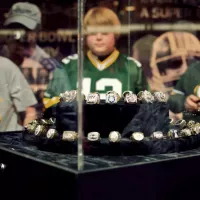
The Super Bowl is the annual championship game of the...

Los Angeles is the most populous city in California and...
Trending

32 minutes ago Vince McMahon Involved in Horrifying Car Crash: Footage Released
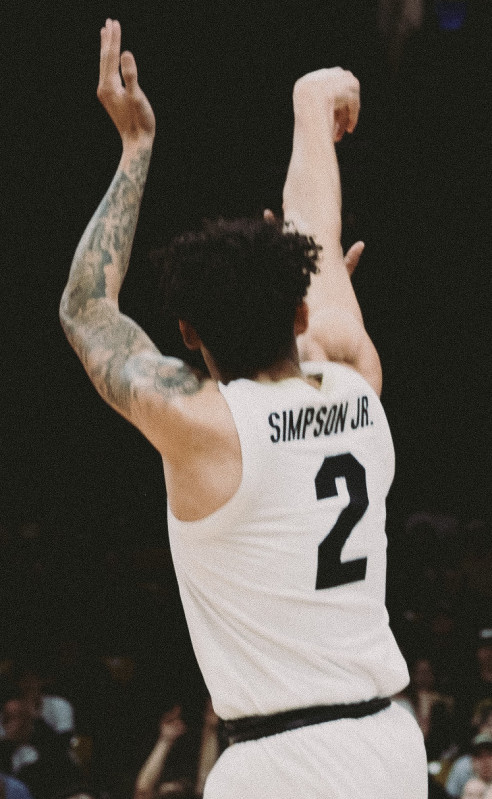
2 hours ago KJ Simpson signs two-way contract with Denver Nuggets after Hornets trade casualty.
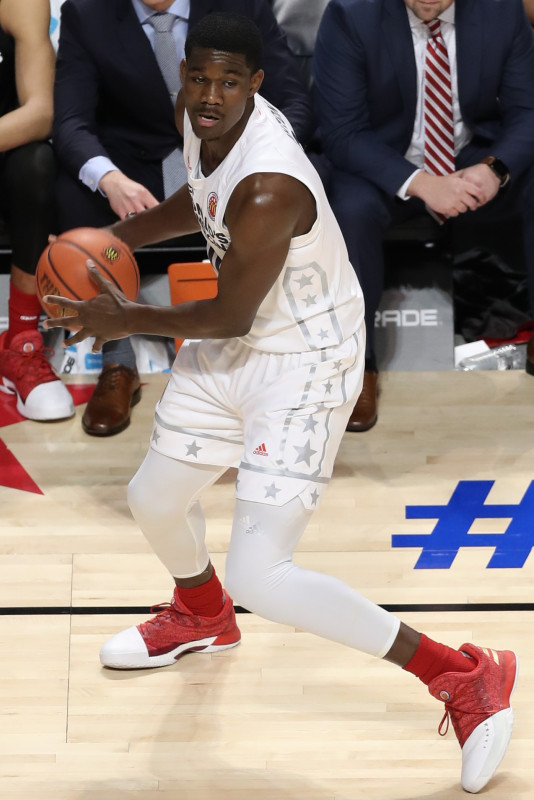
3 days ago Deandre Ayton Detained in Bahamas Airport for Marijuana Possession, Later Released.

2 hours ago Lakers consider lineup changes; Hachimura off bench while reactions flood for LaRavia.

2 hours ago Nikola Jokic Commits to NBA, Prioritizes Championship over Horse Racing Interests.
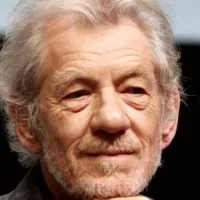
2 hours ago Ian McKellen, at 86, Reflects on Mortality and Legacy in Acting Career.
Popular

Jesse Jackson is an American civil rights activist politician and...
Randall Adam Fine is an American politician a Republican who...

Barack Obama the th U S President - was the...

Ken Paxton is an American politician and lawyer serving as...

Bernie Sanders is a prominent American politician currently serving as...

Pam Bondi is an American attorney lobbyist and politician currently...
